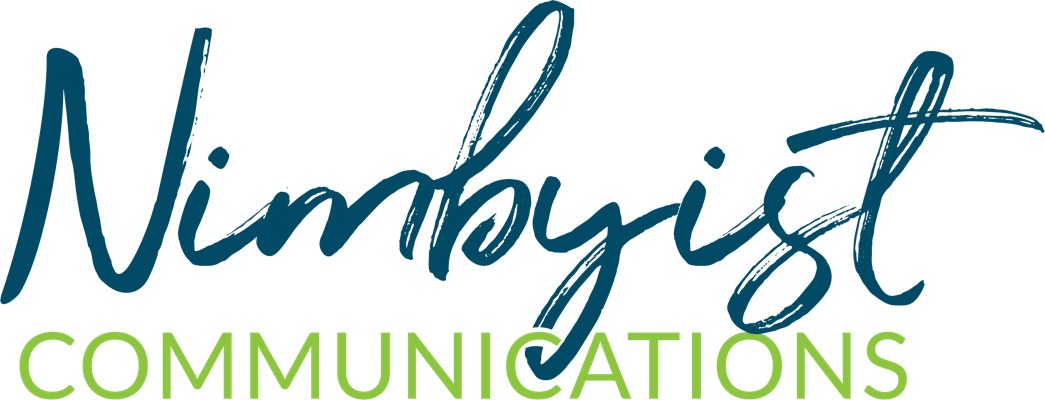 You have a great logo, a solid elevator pitch, and a website you’re not embarrassed to call your own.
You have a great logo, a solid elevator pitch, and a website you’re not embarrassed to call your own.
You feel like you’ve checked all the right boxes when it comes to creating a brand for your growing small business.
But when was the last time you stopped to think about…you?
Setting boundaries
When I talk to small business owners about social media, we often discuss boundaries – identifying up front where they set their discussion topic limits.
Family? Hobbies? Volunteer activities?
For what I call personality-based businesses – like real estate agents, life coaches, or mortgage brokers – the need for these boundaries are perhaps a bit more obvious because they work with people on such a personal level. Building a rapport with the people they work with is central to their business.
But my work happens largely behind the scenes: writing, training, strategy.
I didn’t want my personal interests to distract from my business, which I’ve seen happen, so I decided to keep my brand relatively separate from who I am as a person.
This theory worked well enough – in my mind. In practice, however, I soon learned that I’d really missed my mark.
Can’t spell business without “U”
It shouldn’t come as a surprise that relationships are important in business. Good networking revolves around making meaningful connections; whether you’re talking to potential clients, referral sources or colleagues, you rely on more than what you do to make an impression.
You are at the heart of those connections, not your business card or the services you offer. It’s what you offer beyond those foundational services that differentiates you from the competition.
It didn’t take long for me to realize that those relationships went beyond networking to being the core force that helps move my business forward; I discovered that my business’s brand has me and my personality squarely in the middle.
You are your brand. (No pressure.)
In an article from Forbes, George Bradt reported that there are just three questions a potential employer client wants to know:
- Can you do the job?
- Will you love the job?
- Can we tolerate working with you?
The first point is all about skills and experience. But what motivates you? And for goodness sake, are you likable? Your CV can’t answer those questions – but you can.
The question is, how?
Presenting: You
“The indispensable element is in the connection…The hard part is in earning trust, in making a difference, in being human.” – Seth Godin
Injecting your personality into your business doesn’t mean sharing details of your life at every opportunity; boundaries still matter very much.
But how can you start to build a connection with potential customers? Here are a few of the lessons I’ve learned over the past year.
- Leave your footprint on your website. This may seem like a tip from Captain Obvious, but it’s the primary reason behind my own web redesign. My website works great when I’ve connected with someone directly and refer them for more information; on its own, it falls flat.
- Use social media to be social. It’s easier than ever to stay in touch with people you meet and reach out to new connections. Twitter has been indispensible to me as a way to connect with other professionals, and many of my clients have connected to me through that network – not directly, but through referrals. Work on being relevant to the people who’ve connected with you, but leave room for your personality and enthusiasm for your work shine through, too.
- Get more face time. Even when your wit and charm come through, text can only get you so far; even in our hyper-connected world face-to-face communication still offers a huge opportunity to build long-lasting relationships. I’m looking forward to some great conferences this year, and I try to regularly connect with people over coffee; tools like Skype and Google Hangouts also make bridging the gap a little easier.
I’m still figuring out what works best for me and my business – these are just a few of the things I’ve learned.
But branding isn’t one-size-fits-all: Does this match what has worked for you and your business? What have you done differently?
[Image by a2gemma on Flickr used under CC BY 2.0]


